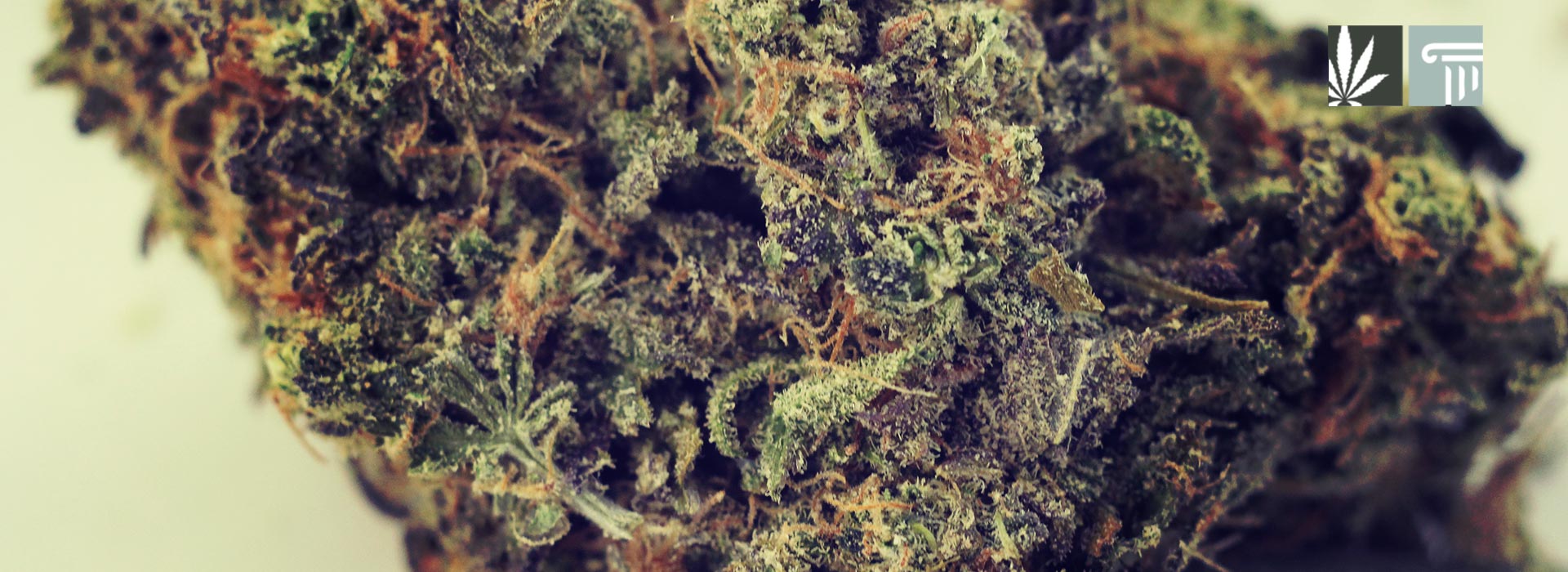The governor of Rhode Island included provisions in his proposed state budget for fiscal year 2023 to legalize adult-use cannabis in the state.
This marks the second year in a row that Gov. Dan McKee (D) has pushed for marijuana legalization through the state budget process, but on this occasion he’s also included provisions that would provide for automatic expungement of certain marijuana-related convictions.
McKee’s move follows recent claims by both Senate Majority Leader Michael McCaffrey (D) and House Speaker Joseph Sherkarchi (D) that Rhode Island lawmakers are inching closer towards an agreement on a marijuana legalization bill that would pass both chambers.
The main point of contention between the governor and lawmakers over reforming Rhode Island’s marijuana laws concerns which state agency should be responsible for regulating the legal cannabis industry.
Sherkarchi and McCaffrey recently indicated there could be “some combination thereof or some hybrid version” of the House and Senate proposals so that a separate independent commission and the Department of Business Regulation (DBR) would take joint responsibility. Gov. McKee, however, would prefer DBR to have sole authority and has stuck to this preference in his state budget proposal.
More broadly, under McKee’s proposal, adults 21 and older would be allowed to purchase and possess up to one ounce of marijuana in public, and store a maximum of five ounces at home in a secure location. Home cultivation of cannabis, however, would not be permitted. Indeed, the governor proposes a fine of $2,000 per illicitly grown cannabis plant on top of an “order requiring forfeiture and/or destruction of said plants.”
“The governor recommends creating a strictly regulated legal market for adult-use cannabis in the state,” the executive summary to the budget reads. “This proposal would create a weight-based excise tax on marijuana cultivation, an additional retail excise tax of 10 percent, and also apply sales tax to cannabis transactions.”
Gov. McKee would apportion 60 percent of cannabis tax revenue and licensing fees to the state general fund, 15 percent to local government and the remaining 25 percent towards “regulatory, public health, and public safety costs associated with adult-use cannabis.”
Gov. McKee’s also proposes the creation of a Cannabis Reinvestment Taskforce responsible for researching the use of cannabis tax revenues and issuing recommendations concerning the use of these funds for “job training, small business access to capital, affordable housing, health equity, and neighborhood and community development.”
The governor’s office estimates that marijuana tax revenues would generate $1.2 million for fiscal year 2023 and $16.9 million in fiscal year 2024 following “a full year of sales.”
Overall, these revenue projections and allocation proposals are similar to what Gov. McKee proposed last year, other than the inclusion of funding to facilitate automatic expungements, which is expected to cost in the region of $400,000.
For the first three years of a legal cannabis industry in Rhode Island, the state regulator would be required to issue 25 marijuana retailer business licenses per year. Qualifying applicants would be selected through a lottery, although five licenses would be reserved each year for minority-owned businesses. After the first three years, additional licenses would be issued on the basis of market demand.
Sen. Josh Miller, sponsor of a Senate-approved marijuana legalization bill last year, called for 150 cannabis retailers in the first year, but recently said that to secure an agreement “we’re probably down to more in the 30, 40 range.”
Progressive lawmakers and advocates have also voiced concerns at the lack of social equity provisions in the House and Senate bills, as well as in Gov. McKee’s budget proposal.
Despite the differences between lawmakers, the governor, and marijuana reform advocates on various aspects of cannabis reform in Rhode Island, many remain optimistic that a deal can be reached this legislative session that will be acceptable to everyone.
If McKee’s budget proposal is approved by Rhode Island lawmakers, marijuana legalization would enter into force in the state on April 1, 2023.






